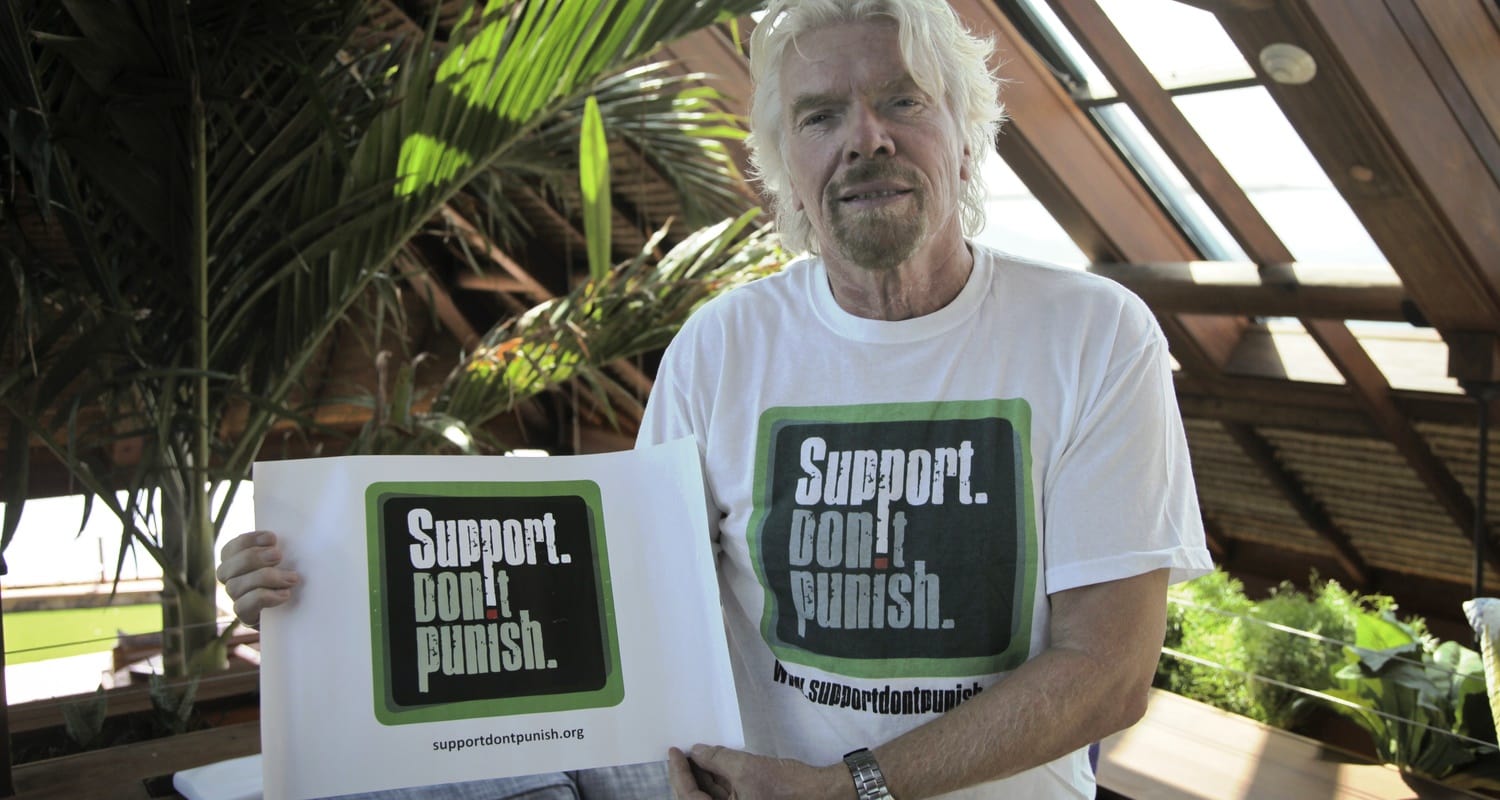Read original article on Virgin.com
Heartened to see UK political leaders from across the political spectrum come to admit that the war on drugs has been “comprehensively lost”, an epic failure that has cost tens of thousands of lives the world over and billions in taxpayer funds.
The touching stories of Alfie Dingley and Billy Caldwell underscore the point that many reform advocates have been making for a long time: drug policy should never be a matter of criminal law, but one of public health. There are thousands of people like Alfie and Billy, young and old, suffering from epilepsy and other debilitating illnesses and conditions. In many cases, cannabis products are not just the last, but the only hope to allow many of them to find relief and live in dignity. The UK government’s willingness to review medical cannabis regulations in light of these recent cases comes late, but not a minute too late. What’s needed now is consistent and non-bureaucratic policy that puts people’s health front and centre, not tedious case-by-case assessments that prolong the suffering.
As a member of the Global Commission on Drug Policy, I also welcome Lord Hague’s proposal to look into full regulation of cannabis, including recreational use.
The undeniable truth is that cannabis is easily available anywhere in Britain. It’s a multi-billion illegal market entirely controlled by criminal organisations and unregulated dealers. It’s hard to imagine a drug in greater supply, and the ongoing criminalisation of cannabis producers, suppliers and the people who use it, has had no noticeable impact on its availability, or the demand for it. To the contrary, one of the undeniable results of criminalisation is that street-level cannabis markets are now heavily skewed towards the most potent, profitable, but risky forms of cannabis; so-called ‘skunk’.
It’s been called the “Iron Law of Prohibition”: in an illegal market, drugs will become stronger as producers in the shadows aim for cheaper production and higher yields. During US alcohol prohibition in the 1920s, bootleggers were hardly known for their craft beers.
A fully regulated market would undoubtedly reduce some of those risks and connect a tightly controlled supply with milder, less risky forms of drugs available as well for the majority who seek them. The examples of several US states as well as Canada and Uruguay lead the way and show how it can be done. Regulation will also generate tax revenues that can be invested in education, prevention and misuse treatment.
There is now hope that further, comprehensive reform can come to the UK, too. But the road to end the failed war on drugs is still long. For now, it’s important to celebrate that two young boys, whose suffering triggered a long overdue public debate, can look forward to a brighter future. And that bodes well for thousands of others, too.



